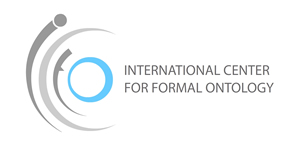Warsaw Spacetime Colloquium: Baptiste Le Bihan (21 May on Zoom)
On Friday, 21 May, Baptiste Le Bihan (University of Geneva) will give a talk entitled “Quantum Gravity and Mereology: Not So Simple” (abstract below). The meeting will take place online on Zoom (17:00-19:00 CEST). If you have not registered yet, you can do so by sending a message to antonio.vassallo@pw.edu.pl. The Colloquium is organized by the Philosophy of Physics Group at the International Center for Formal Ontology (Faculty of Administration and Social Sciences, Warsaw University of Technology). ABSTRACT A number of philosophers have argued in favour of extended simples on the grounds that…continue reading →
